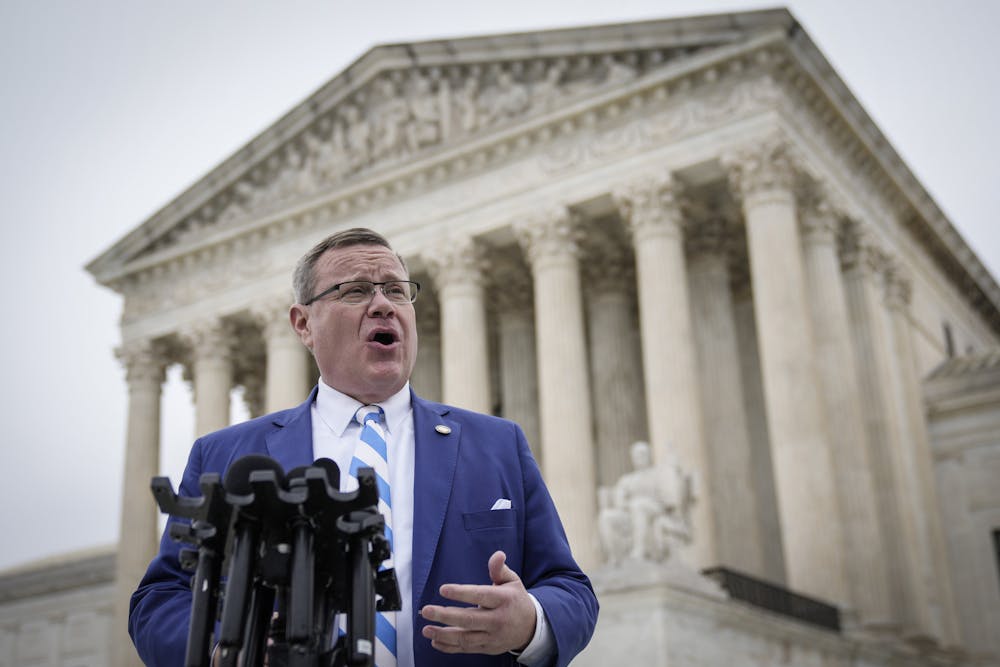On Wednesday, the North Carolina State Legislature passed a proposal, under House Bill 10, that addresses a pressing topic among North Carolina families: the funding of private school vouchers and the Opportunity Scholarship fund.
The bill, which was finalized last Friday, allocated $463 million to clear a voucher backlog. In contrast, the same bill allocated only $95 million toward N.C. public schools.
Though Republican House Speaker Tim Moore claims that this plan resolves economic uncertainty and allows lawmakers to “remain committed to responsible spending and economic growth,” that is simply not the case. Financing private school education, something that should not be a priority of the state legislature, while neglecting to finance public schools across the state, is an irresponsible use of taxpayer dollars, especially for a program that causes more issues than it solves.
Established in 2013, the Opportunity Scholarship fund was intended to provide vouchers to families with incomes previously under about $100,000 that wanted to send their children to private school but could not afford it. However, in 2023, due to external pressures from parents regarding school choice, the N.C. Senate passed a bill that removed this income cap from the program.
Without the income cap, the families of any current or prospective private school student could apply for the program, to potentially receive a voucher worth between $3,000 and $7,000. Due to this choice, applications for the Opportunity Scholarship program surged, and despite the original allocation of $293.5 million, 55,000 applicants were still placed on the voucher waitlist.
As parents take advantage of the Opportunity Scholarship in pursuit of what they deem the best educational opportunity for their children, enrollment in public schools will rapidly decline. Considering that the amount of funding that public schools receive is directly related to the previous year's enrollment, as this value decreases, the funding that schools receive will also decrease.
Public schools in North Carolina rank 45th in terms of per-pupil spending. Due to private school vouchers, this rank will worsen, and public schools will not be able to adequately fund programs, pay teacher and administrator salaries and provide quality, free education to students across North Carolina.
The impact of this program can already be seen in Chapel Hill. From 2019-20 to 2022-23, Chapel Hill - Carrboro City saw a 7.43 percent decline in enrollment, likely due to the transition to private education in the area by students. This number will likely continue to decrease as private school vouchers become more common and available through the Opportunity Scholarship program.
It’s simple economics: to accommodate the increased demand, private schools will have to increase their tuition. Any significant increase in tuition price will once again make private education unaffordable to families, as the cost would likely become greater than what the voucher is able to cover. To maintain the commitment that the state legislature has made to financing Opportunity Scholarships, they will have to continuously allocate an increasing amount of funding to keep up with rising costs and demand. With no limit on the spending that can be channeled toward it, theoretically the state legislature could continue to spend millions of dollars on this irresponsible program forever.




